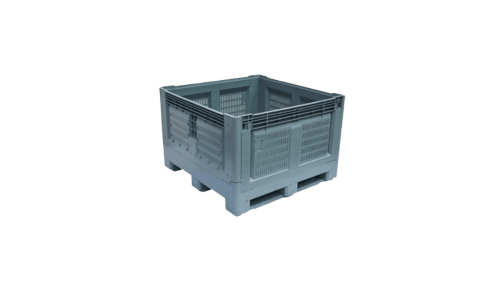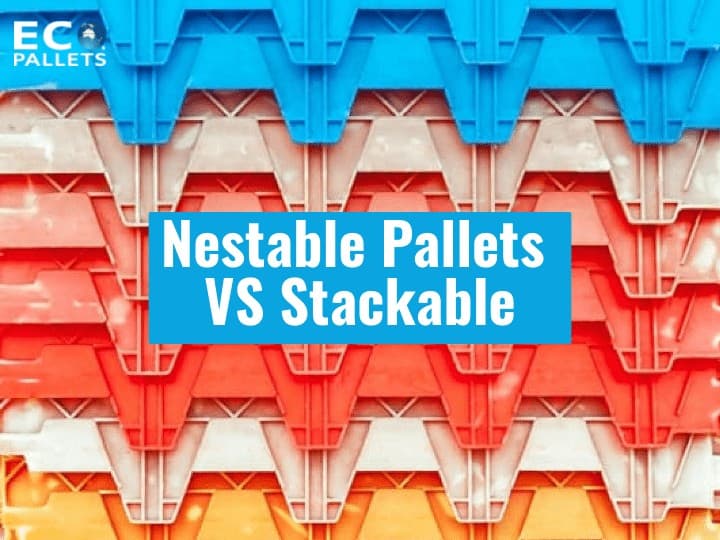International exporters need to consider the materials they use in their shipping logistics, beyond the contents of the load, for a variety of reasons. Depending on the shipment, there will be important durability and hygiene standards to meet. However, if the shipment is to be shipped via wooden pallets, it is important to consider the needs of the international customs that will apply at various receiving ports.
What are the international standards?
The ISPMs are recognised as the industry standard by all members of the World Trade Organisation (WTO).
The International Standards for Phytosanitary Measures No. 15 (ISPM) was developed with the aim of handling and minimising the risk of transferring pests via wooden packaging materials used for international shipping. The ISPMs are identified as the industry standard by all members of the World Trade Organisation (WTO). The regulations apply to a wide variety of packaging materials, including wooden pallets. In total, over 70 countries – with the EU identified as one whole, use ISPM standards. Exporters shipping to those nations need to ensure their load complies with the regulations.
In order to fulfil requirements, the wood must be certified as meeting the standard and bear the relevant mark. Some countries will also want to see supporting documentation. Fumigation treatment must be applied to the level fixed in the documentation and only certified providers and producers are able to authenticate the standard. Any shipment that has not been treated may be refused entry at the destination port.


Wooden pallets are subject to ISPM regulations.
Minimising the risks of plastic
Plastic pallets are a faster option when it comes to clearing customs, according to Logistics Magazine. Unable to harbour pests and easily cleaned, plastic pallets do not require fumigation. And need to bear the ISPM certification mark that must be applied to wooden pallets. The risk of delay due to wrong supporting ISPM documentation is non-existent.
There are significant wider benefits to using plastic pallets as well:
– Lightweight – Compared to the wooden alternative, lightweight plastic pallets can represent a saving of up to 20-30kg, decreasing incurred freight costs.
– Health and safety compliant – Easy to clean and sanitise, hygienic plastic pallets outperform wood in terms of contamination issues and safer handling.
– Long-lasting – Plastic pallets can see a lifespan of a decade or more. If properly cared for, up to 10 times better than their wooden counterparts.
– Environmentally friendly – No deforestation and sustainability issues occur when plastic is used, and we manufacture our pallets from recycled materials.
For more information about the benefits of using plastic pallets in international shipping, contact Eco Pallets today.










Comments are closed.